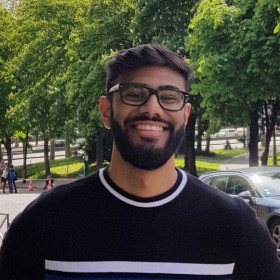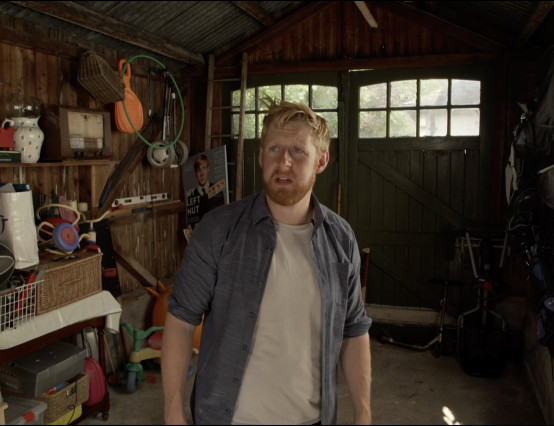One workshop that took place on the first day of MozFest 2021 was ‘Contextualising AI’, headed by Fieke Jansen. The collaborative session focused on discussing the non-technical issues surrounding the use of AI, such as its use by police forces, or how it can be used to optimise already existing biases. As such, the aim of the workshop was to move beyond technology and see what AI is applied to and who it is optimised for.
The session began with a brief look at different implementations of AI around the world. Fieke first explained research undertaken by Kristen Lum and William Isaac in 2016 on the use of predictive policing in California. Their research highlighted issues with the use of AI in predictive policing as non-white, low-income areas were often patrolled by police with large numbers of drug arrests being made in these areas. However, using data from a 2011 National Survey on Drug Use and Health, Lum and Isaac showed that the estimated locations of drug users in California were not just concentrated in these areas, but much more widely spread out. Thus, the use of AI in predictive policing in this context appeared to perpetuate existing biases.
Fieke then explained another research project conducted by Brian Clifton, Sam Lavigne and Francis Tseng which centred around the use of AI to predict where financial crimes (white collar crime) were most likely to take place across the USA. Using data from arrests for such crimes, the AI was able to generate the face of a ‘most likely suspect’ to commit a financial crime in Manhattan, New York. After explaining this example, Fieke raised the issue of whether people would be comfortable with the application of AI in this way as opposed to the above example with drug users in California, and why this may be.
Following the explanations of different implementations of AI, participants in the session were invited into breakout rooms. There, they were to discuss their own examples of AI, any problems involved with it and whether these were technological problems or ones that perpetuated existing issues.
One issue that was raised in these breakout rooms surrounded the murkiness of ownership and copyright, with this being applied to AI. Using the scenario of a creative AI that is designed to generate art, the question then became ‘who owns the art that is created?’ Would it be the AI’s creator or the AI itself? Despite an answer not being reached, the question brought up an interesting line of discussion.
In concluding the session, Fieke provided an anecdote about the use of AI in Amsterdam. Fieke claimed that although free WiFi is provided in Amsterdam Central Station, the use of the WiFi is also tracked by AI to estimate how busy shops in the station are. Using this data, the city of Amsterdam is able to determine how much rent to charge the shops. This raises the issue of the transparency of the purposes for which AI is used.
An engaging and thought-provoking session, ‘Contextualising AI’ was a great way to start MozFest 2021!
The online whiteboard used for the session can be found here.









0 Comments